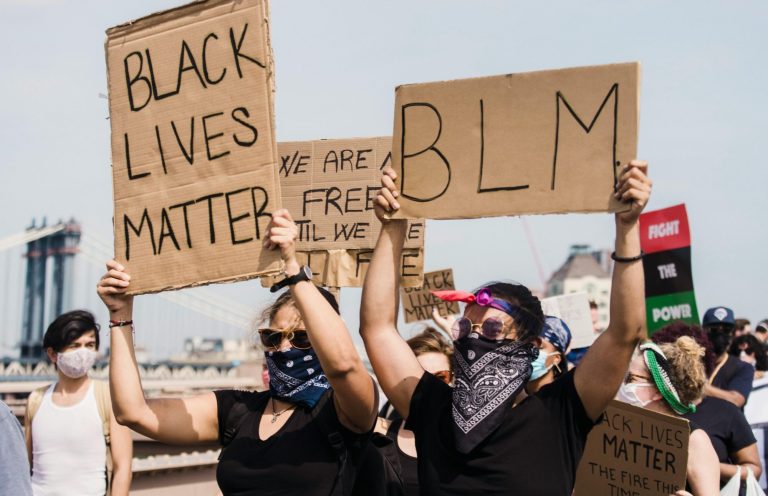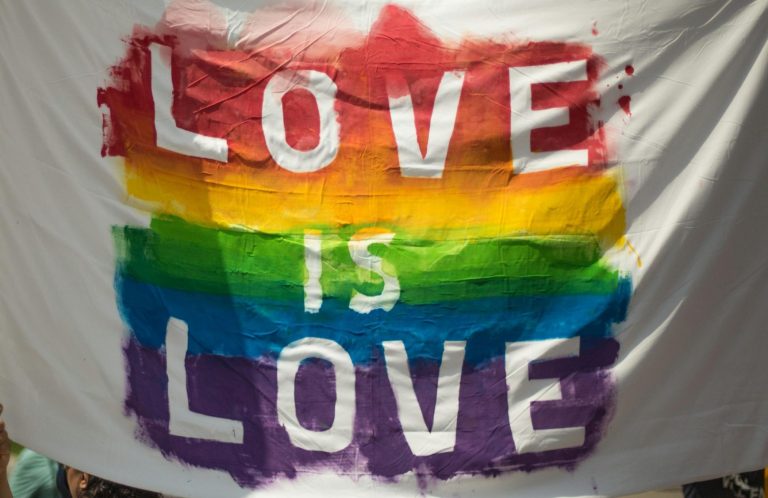Healing Cultural and Social Wounds: Understanding Trauma Beyond the Personal
Trauma isn’t confined to isolated events—it can be woven into the very fabric of our communities and cultural identities. For many, experiences like racial discrimination, LGBTQ+ marginalization, economic hardship, forced displacement, and spiritual abuse are not one-time events but recurring stresses that shape self-perception, relationships, and overall well-being. In this blog, we explore these dimensions of cultural and social trauma, examine their impacts, and discuss strategies to heal and build resilience.

Racial Trauma: Reality of Racialized Experiences
Racial trauma refers to the cumulative emotional and psychological wounding associated with experiences of racism and discrimination. It can occur through overt acts of hatred or more subtle, systemic injustices embedded in society. For many people of color, daily encounters with microaggressions, stereotyping, or overt racial hostility accumulate over time, leading to profound stress and anxiety.
Impact on Health and Identity-The effects of racial trauma include:
• Emotional and Psychological Distress: Increased risk for depression, anxiety, and post-traumatic stress symptoms.
• Identity Conflict: A continuous struggle with internalized racism and self-doubt that can impact self-esteem.
• Chronic Stress: Persistent exposure to racial discrimination can contribute to physical health issues such as hypertension and chronic pain.

LGBTQ+ Trauma: Marginalization and Its Effects
LGBTQ+ trauma arises from the stigma, discrimination, and violence that sexual and gender minority individuals often experience. From bullying in school to workplace discrimination and hate crimes, these experiences can lead to profound psychological wounds. Research has shown that LGBTQ+ youth and adults are at significantly higher risk for mental health challenges such as depression, anxiety, and PTSD due to persistent social rejection and isolation.
Specific Challenges for LGBTQ+ Survivors- Key aspects of LGBTQ+ trauma include:
• Identity Struggles: Constant pressure to hide or modify one’s identity, which can lead to internalized homophobia or transphobia.
• Social Isolation: Rejection by family, peers, or community can exacerbate feelings of loneliness and unworthiness.
• Increased Vulnerability: Elevated risks for suicide, substance use disorders, and self-harm.

Poverty, Displacement, and Homelessness: Structural Violence and Its Consequences
Economic hardship, displacement, and homelessness are not only material challenges; they represent profound social traumas. Living in poverty or being forced to flee one’s home disrupts stability, erodes social bonds, and undermines a sense of belonging. These experiences are compounded by the stigma associated with homelessness and economic disadvantage.
Impact on Well-Being- The consequences of these experiences include:
• Chronic Stress: Constant financial insecurity and unstable living conditions keep the body in a prolonged stress response.
• Mental Health Struggles: Increased risk for depression, anxiety, and substance abuse as individuals grapple with uncertainty and social exclusion.
• Loss of Identity: Displacement can lead to a loss of community, cultural identity, and self-worth.

Immigration Trauma: The Challenge of Uprooting
Immigration trauma is experienced by individuals who are forced to leave their homelands due to conflict, persecution, or economic necessity. The process of migration—often fraught with danger, loss, and cultural dislocation—can leave deep emotional scars. Immigrants may face language barriers, cultural alienation, and systemic discrimination in their new countries.
Effects on Mental Health and Identity
Common experiences include:
• Cultural Displacement: Struggling to reconcile one’s cultural identity with a new environment that may not be welcoming or inclusive.
• Loss and Grief: Mourning the loss of community, traditions, and a sense of belonging.
• Acculturative Stress: Navigating the pressure to adapt to a new cultural context while retaining one’s heritage can be overwhelming and contribute to anxiety and depression.

Religious or Spiritual Abuse
When Faith Becomes a Source of Wounding
Religious or spiritual abuse occurs when trusted religious institutions or leaders exploit their authority to control, manipulate, or harm individuals. This type of trauma is particularly insidious because it can shake the very foundation of one’s identity and beliefs.
The Impact on Belief Systems and Self-Worth
Survivors of religious abuse may experience:
• Loss of Faith: A deep crisis of belief where spiritual practices that once offered comfort become sources of pain.
• Guilt and Shame: Abusers may use religious doctrine to instill feelings of sinfulness and unworthiness.
• Isolation: Betrayal by a trusted faith community can lead to profound loneliness and distrust not only of religious institutions but also of interpersonal relationships.
Healing and Recovery
Healing racial trauma often requires both individual and collective approaches. Culturally sensitive therapy, community support groups, and social activism can help survivors process their experiences and reclaim a sense of pride and identity. By addressing systemic inequities and fostering community solidarity, individuals can work toward both personal healing and broader social change.
Recovery from spiritual abuse often involves redefining one’s relationship with faith and spirituality. Therapies that incorporate spiritual counseling, narrative therapy, and group support can help survivors disentangle their sense of self from the abusive narratives imposed upon them. Finding new spiritual communities that are supportive and inclusive can also be transformative.
Trauma-informed and affirming therapies—such as LGBTQ+-affirmative cognitive behavioral therapy (CBT) and group support—can help survivors rebuild self-esteem and develop healthy coping strategies. Community centers and safe spaces are crucial for fostering connection and empowerment.
Interventions regarding Poverty, Displacement, and Homelessness must address both the immediate material needs and the psychological wounds. Community-based programs, housing support services, and trauma-informed social work can create pathways for recovery. Empowering individuals with resources and advocating for systemic change are essential steps in reducing the cycle of trauma.
Support systems that acknowledge cultural identity and history are vital for immigrants. Multicultural counseling, community organizations, and mentorship programs that celebrate cultural diversity can help immigrants rebuild their lives. Also, advocating for immigrant rights and inclusion further supports healing by addressing systemic barriers.
Call to Action!
Cultural and social traumas are complex, interwoven experiences that affect individuals not only personally but also as members of broader communities. Healing is multifaceted—it involves addressing internal wounds through therapy and mindfulness while also advocating for systemic change that dismantles the social structures perpetuating injustice. Key steps include:
1. Acknowledgment and Education: Recognize that trauma is not solely an individual failing but a product of broader societal inequities. Understanding the cultural roots of trauma can be the first step toward empowerment.
2. Seeking Support: Whether through culturally sensitive therapy, support groups, or community organizations, sharing your experience in safe spaces is crucial.
3. Building Resilience: Emphasize self-care, mindfulness, and the development of coping strategies that honor your identity and heritage.
4. Advocacy for Change: Healing also means challenging systemic injustices—support movements and policies that aim to reduce discrimination, promote equity, and protect vulnerable communities.
5. Reconnecting with Culture: For immigrants and those affected by religious abuse, rebuilding connections with one’s cultural or spiritual roots can restore a sense of belonging and purpose.
Final Thoughts:
Cultural and social trauma from racial discrimination and LGBTQ+ marginalization to the hardships of poverty, forced displacement, immigration struggles, and religious abuse can deeply wound the spirit. These traumas shape how we view ourselves and our communities, often leaving long-lasting scars on our mental, emotional, and physical well-being. However, through culturally sensitive therapies, community support, resilience-building practices, and systemic change, healing is not only possible but within reach.
If you or someone you know is struggling with the effects of cultural or social trauma, consider reaching out to mental health professionals who understand the nuances of these experiences. Healing is a journey that involves both personal transformation and collective advocacy, and every step toward recovery is a victory.
We need your consent to load the translations
We use a third-party service to translate the website content that may collect data about your activity. Please review the details in the privacy policy and accept the service to view the translations.

